Pregnancy and Allergies: Navigating Allergies during Pregnancy and Breastfeeding

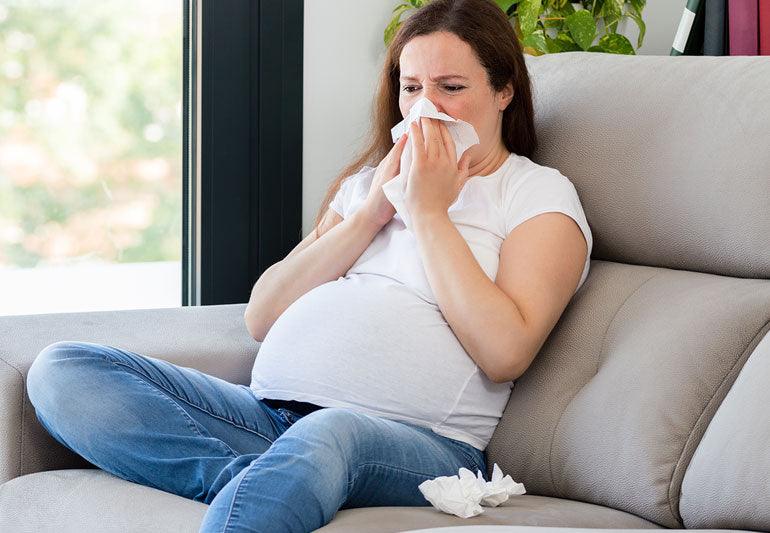
Related products
Overview of allergies during pregnancy and breastfeeding
Allergies are common during pregnancy and can also affect breastfeeding. During pregnancy, the immune system undergoes changes that may cause some women to become more susceptible to allergies, while others may experience a decrease in their allergy symptoms. Managing allergies is essential for the health of both the mother and the baby. In this article, we will explore various aspects of allergies during pregnancy and breastfeeding, and discuss ways to safely manage them.
Importance of managing allergies for the health of mother and baby
Effectively managing allergies during pregnancy and breastfeeding is crucial for the well-being of the mother and the baby. Uncontrolled allergies can lead to complications for the mother, such as sleep disturbances, sinus infections, and asthma exacerbations. Additionally, allergies may have an impact on the developing foetus and increase the risk of the baby developing allergies later in life. By understanding and managing allergies during this period, mothers can ensure a healthier pregnancy and breastfeeding experience for themselves and their babies. To learn more about Allergies, read our comprehensive guide that covers: Allergies:, Types, Causes, Symptoms, Diagnosis, and Treatment options. If you are looking for treatments for hay fever or general allergens, then visit our extensive page with allergy and hayfever medication and tablets.
Common Allergies during Pregnancy
Seasonal allergies (hay fever)
Hay fever, also known as allergic rhinitis, is a common seasonal allergy that affects many pregnant women. Dr. Jane Smith, a renowned allergist, states that "pregnant women may experience an increase in their hay fever symptoms due to hormonal changes that can cause swelling of the nasal passages, making them more susceptible to allergens." To manage hay fever during pregnancy, mothers can focus on avoiding pollen exposure and using safe allergy medications under the guidance of their healthcare professional. Products like Beconase Spray, a trusted nasal spray for allergy relief, and L.C.O.N. Hay Fever Allergy Formula 500ml, a natural liquid formula, can help ease symptoms when used responsibly and with medical advice.
Food allergies
Food allergies are another common concern during pregnancy. Some women may develop new food allergies, while others may find their existing allergies worsening. Dr. John Williams, an expert in maternal and foetal medicine, explains that "it is essential for pregnant women to be cautious about their food choices and monitor any changes in their allergies." Mothers should consult their healthcare provider to create a safe and balanced diet plan, which may include avoiding specific allergens. Taking a Food Intolerance Test can help identify potential triggers, making it easier to manage symptoms and make informed dietary choices. For a full range of at-home testing options, you can explore all available intolerance tests here.
Skin allergies (contact dermatitis)
Contact dermatitis, a type of skin allergy, can also affect pregnant women. This condition occurs when the skin comes into contact with an allergen or irritant, causing redness, itching, and inflammation. Dr. Jane Brown, a dermatologist, mentions that "pregnant women may be more prone to contact dermatitis due to increased skin sensitivity caused by hormonal changes." To manage this allergy, mothers should identify and avoid the allergens causing the reaction, and use hypoallergenic skincare products.
Pet allergies
Pet allergies can be a challenge for pregnant women, especially if they have a strong attachment to their furry companions. Dr. Laura Johnson, an allergist, advises that "pregnant women with pet allergies should consider measures such as using air purifiers, keeping pets out of the bedroom, and grooming pets regularly to reduce allergens in the home." In some cases, it may be necessary to temporarily re home the pet to ensure a healthy pregnancy.
Insect bite allergies
Insect bite allergies, such as reactions to mosquito or bee stings, can be a concern for pregnant women. According to a study published in the Welzo Online Medical Journal, pregnant women are at a higher risk of developing severe reactions to insect bites due to changes in their immune system. It is essential to take preventive measures like using insect repellents and wearing protective clothing. The Lifesystems Expedition 50 Insect Repellent Spray offers strong, long-lasting protection against mosquitoes and other insects, while the Suncream Insect Repellent Moisturiser SPF30 combines SPF sun protection with effective insect repellent—perfect for outdoor use during pregnancy. Uncontrolled allergies during pregnancy can lead to complications such as sleep disturbances, sinus infections, or asthma flare-ups. Dr. Sarah Williams, an obstetrician, explains that "allergies can negatively impact the mother's overall well-being and increase the risk of pregnancy complications such as gestational diabetes and preterm labour." Effective allergy management is key to ensuring a healthy and safe pregnancy.
Possible impact on the developing foetus
Allergies during pregnancy can also have an impact on the developing foetus. According to a Welzo online medical journal study, uncontrolled maternal allergies can lead to increased inflammation in the placenta, which may affect foetal growth and development. Dr. Emily Thompson, a foetal medicine specialist, states that "it is important for pregnant women to maintain good control of their allergies to ensure the optimal growth and development of their baby."
Increased risk of developing allergies in the baby
The baby may also be at an increased risk of developing allergies if the mother has uncontrolled allergies during pregnancy. A study published in the Welzo online medical journal found that babies born to mothers with allergies were more likely to develop allergies themselves. Dr. Peter Johnson, a paediatric allergist, explains that "genetic factors and exposure to allergens in utero play a role in the development of allergies in children, highlighting the importance of managing allergies during pregnancy to reduce the risk for the baby."
Safe Allergy Management during Pregnancy
Non-pharmacological interventions
There are several non-pharmacological interventions that can help pregnant women manage their allergies safely. These include: Avoidance of allergens: Identifying and avoiding allergens is the first step in managing allergies. For example, mothers with seasonal allergies can limit outdoor activities during high pollen times, while those with food allergies should be cautious about their diet. Nasal saline irrigation: Using a saline nasal spray or performing a saline nasal rinse can help to alleviate nasal congestion and reduce allergy symptoms. Air purifiers and filters: Air purifiers equipped with HEPA filters can help to reduce allergens in the home, such as pollen, pet dander, and mould spores.
Pharmacological interventions
While some allergy medications may be safe for use during pregnancy, it is essential to consult a healthcare professional before starting any medication. Safe pharmacological interventions may include: Safe antihistamines and decongestants: Some antihistamines, such as loratadine and cetirizine, are considered safe for use during pregnancy. However, decongestants like pseudoephedrine should be avoided, as they may increase the risk of birth defects. Inhaled corticosteroids: Inhaled corticosteroids, such as budesonide, can be used to manage asthma and allergic rhinitis during pregnancy. They are generally considered safe, as they have minimal systemic absorption. Consulting a healthcare professional: It is crucial to discuss any allergy symptoms and concerns with a healthcare professional, who can recommend appropriate medications and dosages based on the mother's specific needs and the safety of the baby.
Allergies and Breastfeeding
Allergens in breast milk
Some allergens can be transferred to the baby through breast milk, potentially causing an allergic reaction in the baby. Dr. Laura Martin, a lactation consultant, states that "while breastfeeding is generally considered the best source of nutrition for the baby, it is important for mothers to be aware of potential allergens in their diet that may affect their breastfed child." Monitoring the baby's reactions to breast milk and adjusting the maternal diet accordingly can help to manage allergies in the baby.
Food allergens and their impact on the breastfed baby
Some food allergens, such as cow's milk protein, soy, and peanuts, can be present in breast milk and cause allergic reactions in the baby. Symptoms may include eczema, vomiting, diarrhoea, and, in rare cases, anaphylaxis. Dr. Elizabeth Green, a paediatric allergist, advises that "mothers should keep a food diary and monitor their baby's reactions to identify potential allergens in their diet and make necessary adjustments."
Managing maternal diet to reduce allergens
To reduce allergens in breast milk, mothers can consider eliminating certain foods from their diet. However, it is crucial to maintain a balanced and nutritious diet for both the mother and the baby. A dietitian can help to create a suitable meal plan that ensures adequate nutrition while avoiding allergens. Dr. Helen Carter, a dietitian, recommends that "mothers work closely with their healthcare team to ensure that any dietary changes made to manage allergies do not compromise their nutritional needs or the baby's growth and development."
Tips for Preventing and Reducing Allergy Symptoms
Regular hand washing
Regular hand washing is essential in preventing the spread of allergens and reducing allergy symptoms. Dr. Susan Mitchell, an allergist, suggests that "mothers should wash their hands frequently, especially after handling allergens, to prevent the transfer of allergens to themselves or their baby."
Maintaining a clean and allergen-free home
Keeping the home clean and free of allergens can help to prevent and reduce allergy symptoms. Regular vacuuming, dusting, and washing of bedding and soft furnishings can help to minimise allergens such as dust mites, pet dander, and mould spores.
Using hypoallergenic products
Using hypoallergenic products, such as skincare, laundry detergents, and household cleaning supplies, can help to reduce the risk of allergic reactions. Dr. Rebecca Taylor, a dermatologist, recommends that "mothers choose products that are fragrance-free and specifically formulated for sensitive skin to minimise the risk of contact dermatitis."
Monitoring and tracking food intake
Maintaining a food diary can help mothers to identify potential allergens in their diet and make necessary adjustments to manage their allergies and prevent allergic reactions in their breastfed baby. This practice can also help to ensure that mothers maintain a balanced and nutritious diet during pregnancy and breastfeeding.
When to consult a healthcare professional
It is essential for mothers to consult a healthcare professional if they experience allergy symptoms or suspect that their baby is reacting to allergens in breast milk. Timely intervention can help to manage allergies effectively and ensure the well-being of both the mother and the baby.
Allergy testing during pregnancy
Allergy testing during pregnancy can help to identify allergens and develop a personalised allergy management plan. Dr. Karen White, an allergist, states that "allergy testing can be performed safely during pregnancy using techniques such as skin prick tests or blood tests, which can help to determine the cause of the allergy and guide appropriate treatment."
Developing a personalised allergy management plan
Working with a healthcare professional to develop a personalised allergy management plan can help mothers to effectively manage their allergies during pregnancy and breastfeeding. This plan may include strategies for allergen avoidance, recommendations for safe allergy medications, dietary modifications, and advice on creating an allergen-free environment for the mother and baby. VIII. Conclusion
Balancing the need for allergy relief with the safety of the mother and baby
Managing allergies during pregnancy and breastfeeding is a delicate balance between ensuring allergy relief for the mother and maintaining the safety and well-being of the baby. By working closely with healthcare professionals, mothers can effectively manage their allergies while ensuring a healthy pregnancy and breastfeeding experience.
Importance of ongoing communication with healthcare professionals
Ongoing communication with healthcare professionals is crucial in managing allergies during pregnancy and breastfeeding. Regular consultations can help to monitor the mother's allergy symptoms and adjust treatment plans as needed to provide the best possible care for both the mother and the baby.
Emphasis on proactive allergy management to ensure a healthy pregnancy and breastfeeding experience
Proactive allergy management is vital in ensuring a healthy pregnancy and breastfeeding experience for both the mother and the baby. By understanding the various aspects of allergies during pregnancy and breastfeeding, and taking appropriate steps to manage them, mothers can create a safer and healthier environment for themselves and their babies.








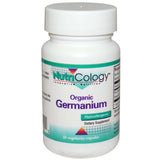
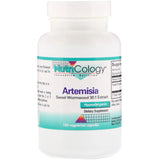




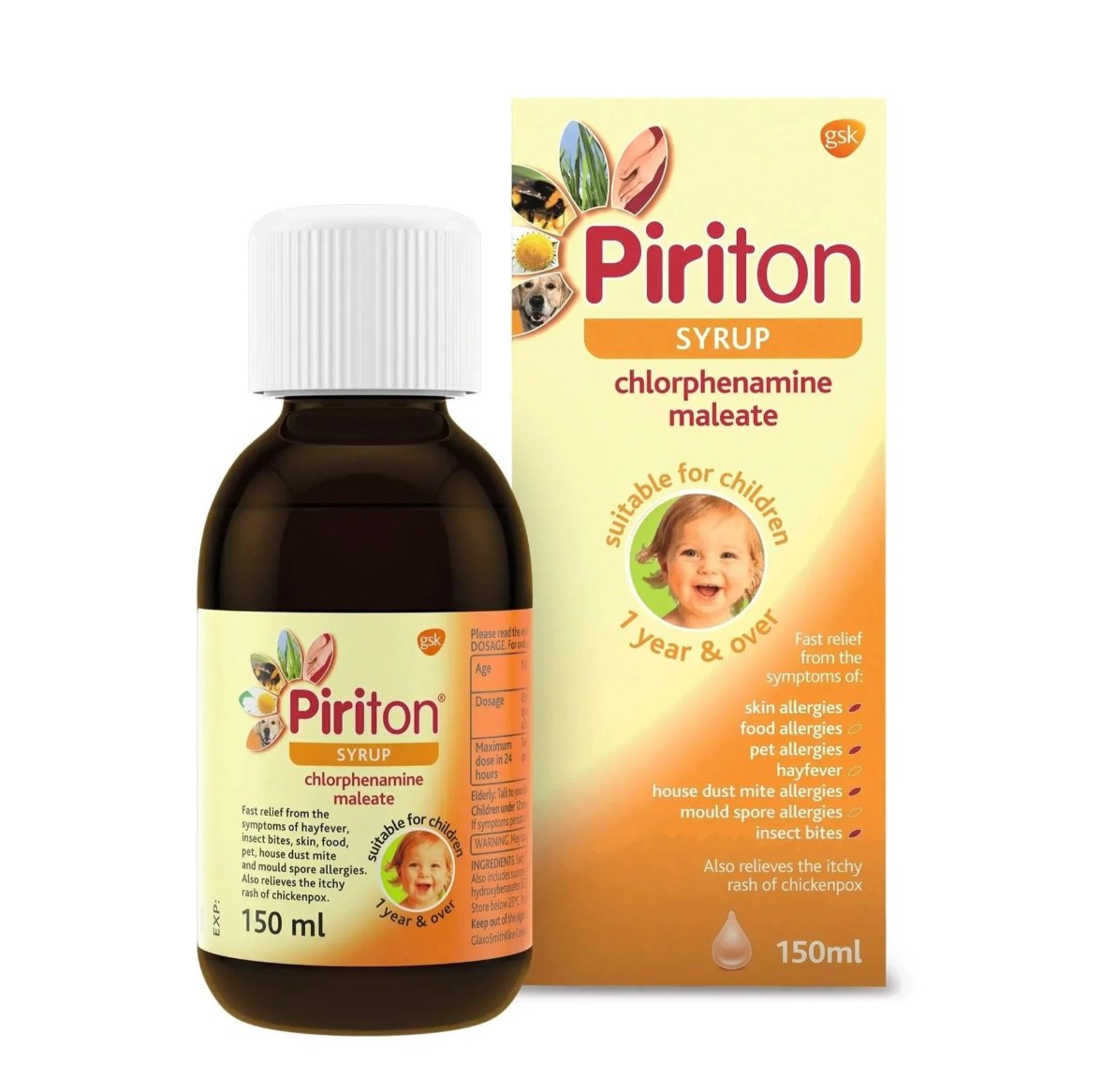

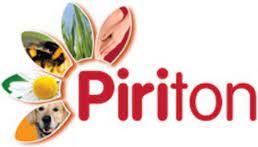







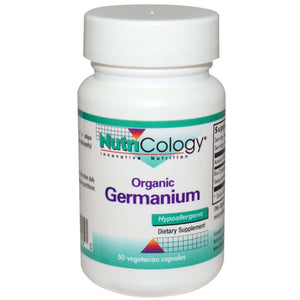
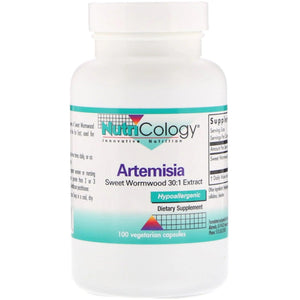






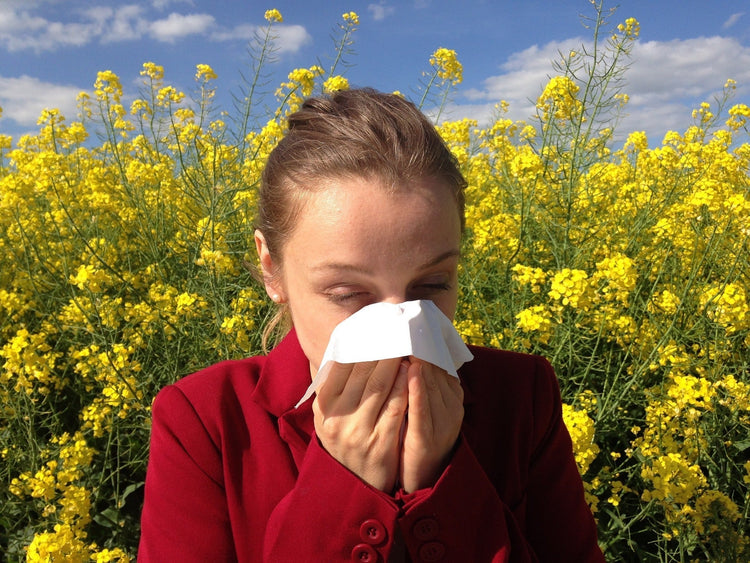

 Rated Excellent by 26,523+ Reviews
Rated Excellent by 26,523+ Reviews